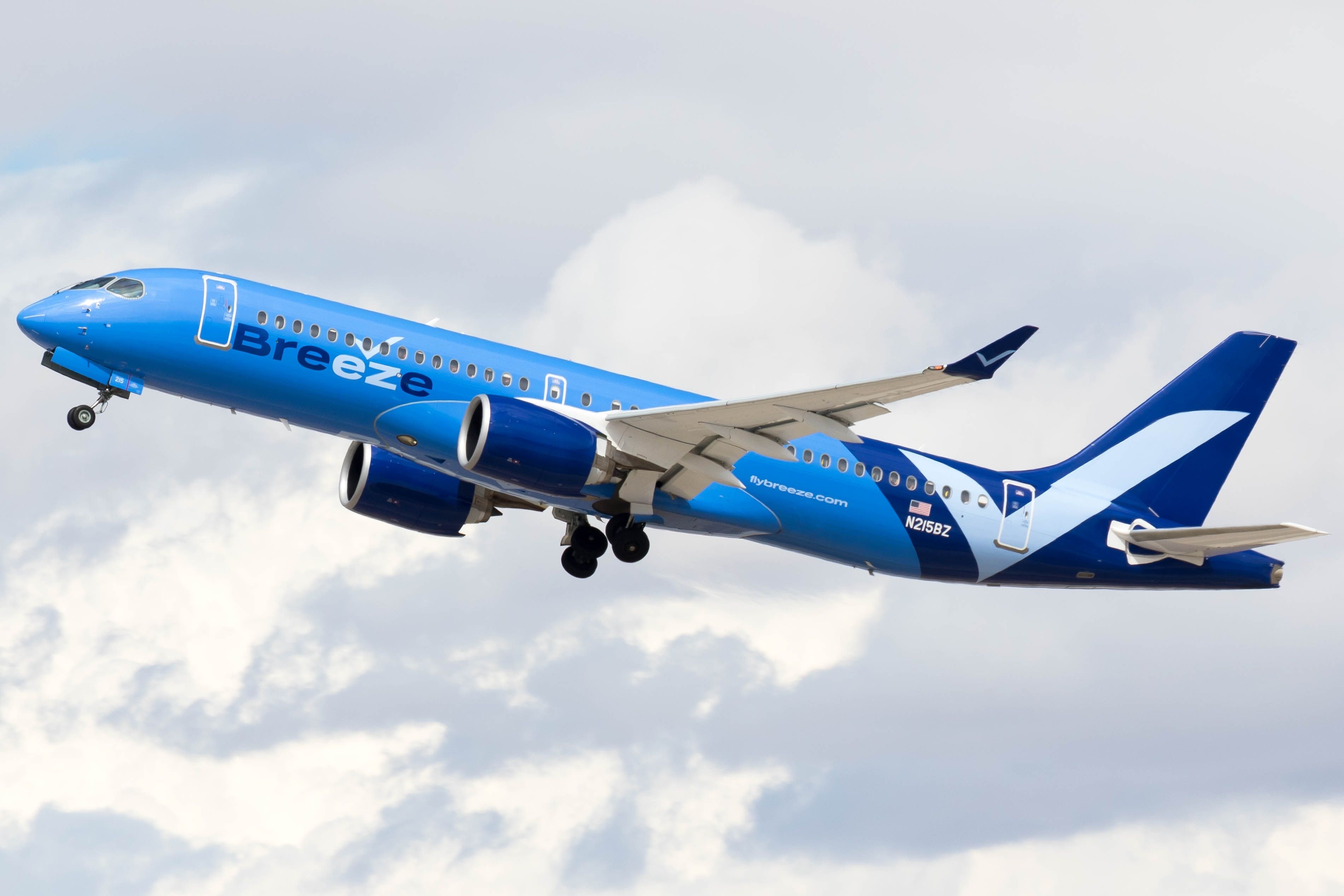While the term ‘Black Friday’, used to refer to the start of the busy post-Thanksgiving, pre- Christmas shopping rush, was coined in the US in the 1950s and 1960s, it entered most people’s vocabulary only during the digital age. Even then, as videos surfaced of Americans clambering over each other to grab electronics, beauty items and usually unaffordable gifts at a steal, it took until the 2010s for the concept to truly catch on in the UK. Now, Black Friday is a big deal on both sides of the pond.
Black Friday first referred to just the last November of the month, but heavily discounted items now pop up on our screens well ahead of the actual day. This extension of the festive sales period has coined new terms. First came ‘Cyber Monday’, a post-payday event devoted to bargains across the largest online shopping platforms.
However, an increasing number of us value experiences over materialism, seeking out new destinations instead of the latest hairdryer in a reverse of the “Keeping up with the Joneses” mentality”. Enter Travel Tuesday – commercialism’s latest lovechild. “Studies continue to show that people are more interested in spending on experiences over things.
That’s true in everyday life and certainly around the holidays,” says Melanie Fish, vice president of Global Communications at Expedia Group. The foundation of Travel Tuesday is accredited to Hopper, a travel platform used by millions globally. While special deals landed after Thanksgivin.


















